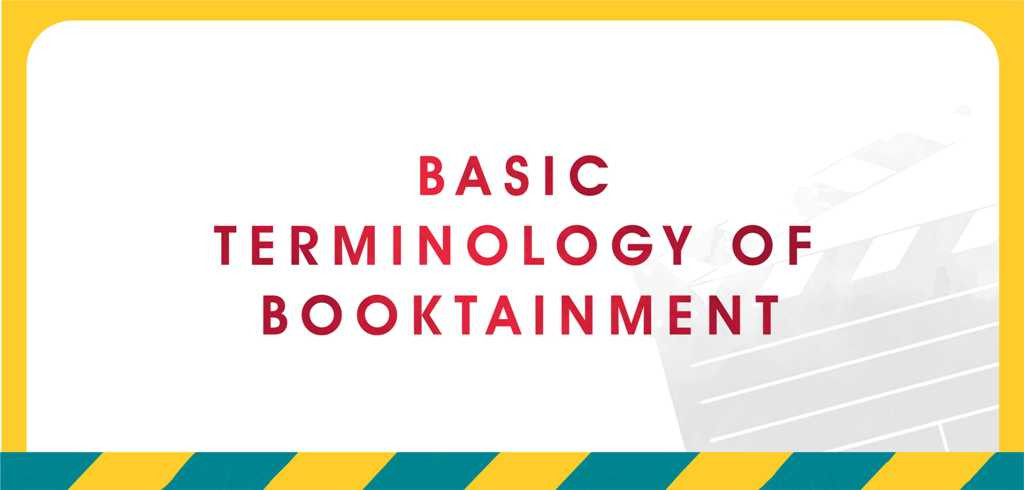
Basic terminology of Booktainment
Book adaptation: The process of transforming a book or novel into a screenplay or film. It involves translating the story, characters, and themes from the source material from print to the visual medium.
Logline: A concise one or two-sentence summary that captures the essence of a story or film. It aims to hook the reader or listener by presenting the unique concept or central conflict in a compelling way.
Synopsis: A brief summary that outlines the main plot points, characters, and central conflict of a story or film. It provides an overview of the narrative without going into excessive detail.
Pitch deck: A visual presentation used to pitch a project, such as a film or TV series, to potential investors, production companies, or collaborators. It typically includes key information, visuals, and market analysis to showcase the project's potential.
Audio Bible: It is the same as a pitch deck but it is unlike a written document. An audio presentation is used to pitch a project. The project may be a full-length feature film/web series/ short film or TV soap. Audio medium is more appealing to the producers/directors/production companies/OTTs/Studios. It typically includes key information, audio effects, and characterization to showcase the project's potential.
Pitching: The act of presenting and promoting a project, such as a film or TV series, to potential investors, production companies, or collaborators. It involves conveying the concept, market potential, and unique selling points in a persuasive manner.
Story narration: The act of orally or visually conveying a story, often to a producer/production companies/studios. It involves describing the plot, characters, and key moments in a way that captivates and communicates the essence of the story.
Creative Director: Creative director is a designated position for narrating a story to producers/production companies/studios. He/She specialized in this act of presenting the story in a saleable manner. He/She understands the saleable points of the story and is known to the producers and studios in the fraternity. Producers believe in the creative director`s vision. Narration includes conveying the concept, market potential, and unique selling points in a persuasive manner.
Script: A broader term that can refer to any written document for performance, including plays, TV episodes, or films. It encompasses the dialogue, action, and instructions for the performers and production team. The script is the document of the entertainment side, not the literature side. Book`s conversion in the script form is necessary before the screenplay.
Screenplay: A written document that serves as the blueprint for a film. It may or may not include dialogue. Action and scene descriptions, providing instructions are mandatory to be in the screenplay for the actors, directors, and crew on how to bring the story to life on screen.
Bounded script: A finalized version of a script that has been approved and is ready for production. It is typically formatted with specific industry standards and may include revisions or notes. Any screenplay that is ready with the dialogues in it may be called a bounded script.
Option agreement: A legal contract that grants a production company or individual the exclusive right to purchase the rights to adapt a book, script, or other intellectual property into a film or TV project within a specified period of time.
